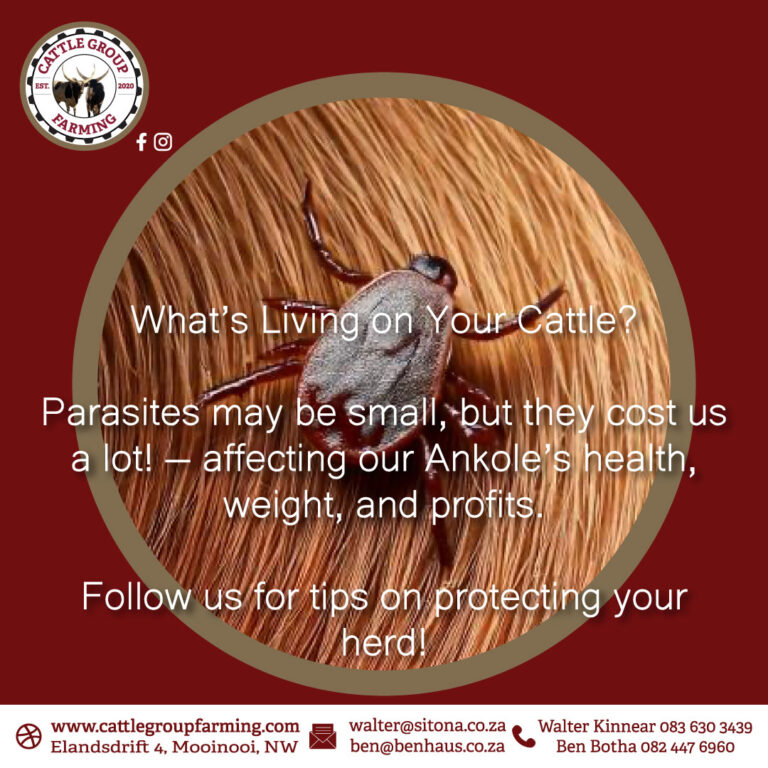
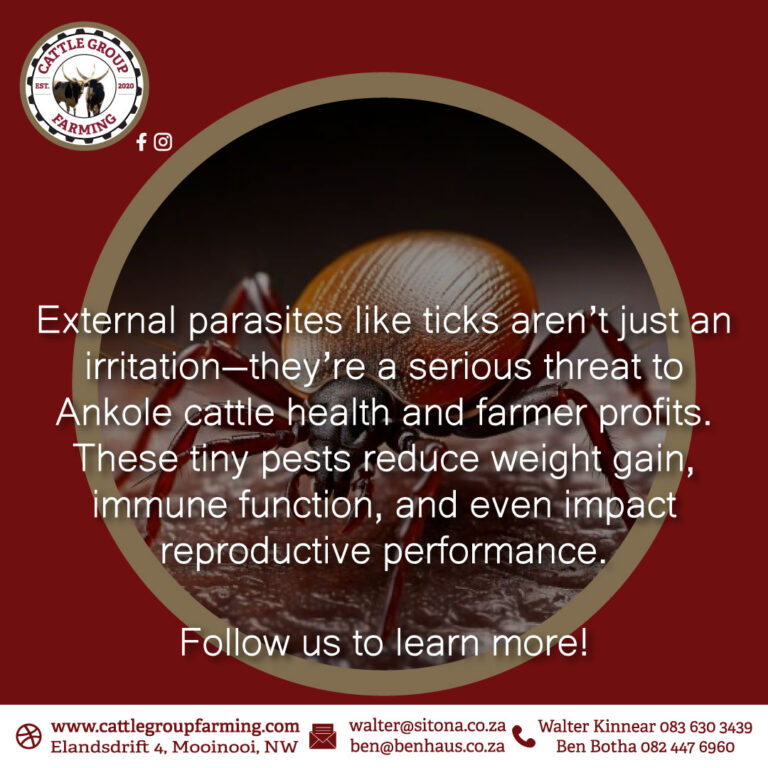
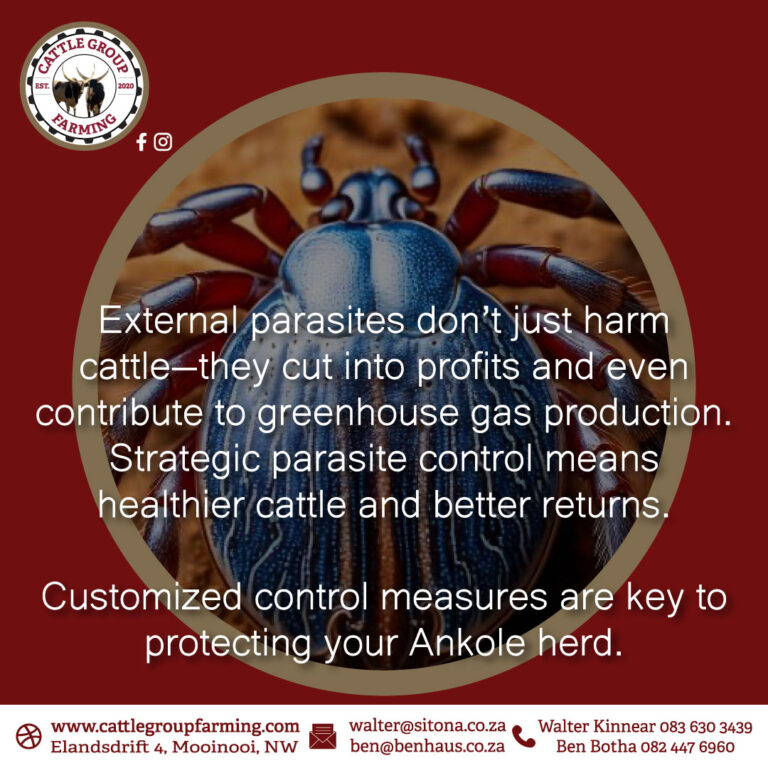
The Hidden Threat: Why Parasite Control is Essential for Healthy Beef Production!
As the global population continues to rise, so too does the demand for high-quality, protein-rich food sources—particularly beef. This growing need places increasing pressure on the livestock industry to deliver sustainable and efficient beef production. Beef cattle play a vital role in meeting this demand, providing a primary source of protein for millions of people worldwide. However, despite advancements in animal husbandry and veterinary care, the industry faces a persistent and often underestimated challenge that directly impacts herd health, productivity, and overall profitability: cattle parasites.
Parasites—both internal and external—pose a serious threat to the well-being of beef cattle and the economic stability of farming operations. These harmful organisms, including gastrointestinal worms, ticks, lice, and flies, can cause a range of health issues such as reduced feed efficiency, weight loss, weakened immune systems, and decreased fertility. Left untreated, parasite infestations not only diminish individual animal performance but also lead to increased veterinary costs, higher mortality rates, and reduced carcass quality, ultimately affecting the entire beef supply chain.
The impact of parasites is far-reaching, extending beyond immediate animal health concerns. Chronic infestations can slow growth rates, delay time-to-market, and reduce the overall yield of market-ready beef. This poses a significant challenge for producers striving to maintain consistent production levels while meeting rising consumer demand. Furthermore, the presence of parasites can compromise animal welfare standards—an increasingly important consideration as global consumers become more conscious of the ethical treatment of livestock.
To safeguard the future of beef production, effective parasite control strategies are essential. Proactive management through regular monitoring, targeted treatments, and integrated pest control practices can mitigate these risks. By prioritising parasite prevention, producers can protect herd health, enhance productivity, and maintain the quality standards required to meet the world’s growing appetite for beef.
As the industry evolves to address these challenges, raising awareness of the hidden threat posed by cattle parasites is crucial. By understanding the economic and biological impacts of parasitism, producers can adopt best practices that not only protect their herds but also contribute to a more sustainable and profitable future for global beef production.
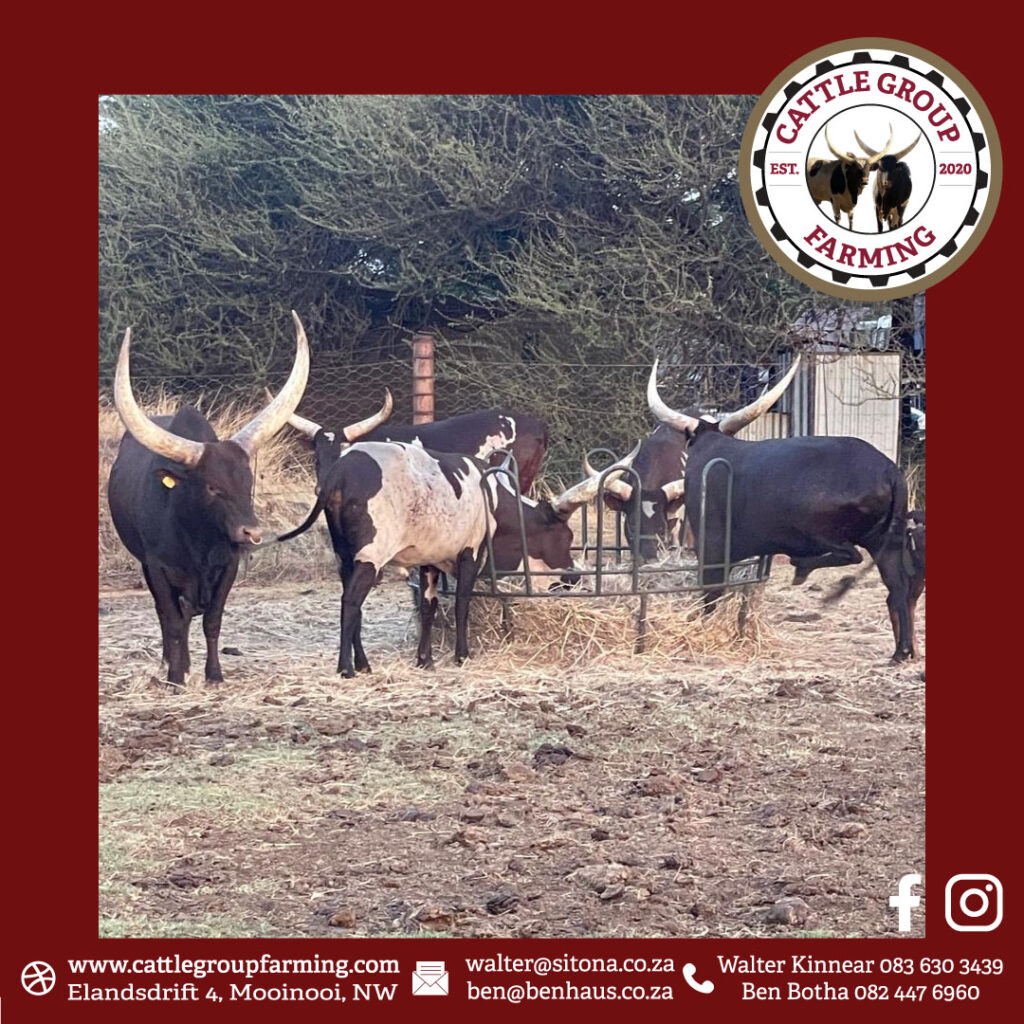
The Impact of Parasites on Beef Cattle
Parasites are a constant and serious concern for beef farmers. These pests, including gastrointestinal nematodes (GIN) and cattle ticks, can cause extensive damage to livestock health and farm profits. Studies show that parasitism reduces feed efficiency, immune function, reproductive success, liveweight, milk yield, calf production, and carcass quality. In severe cases, it can lead to liver condemnations and the transmission of infectious diseases.
Beyond the immediate physical harm to the animals, parasites also contribute to environmental issues. Research indicates that parasitic infestations can increase the production of greenhouse gases, further emphasising the need for effective parasite control. Additionally, some zoonotic parasitic diseases pose potential risks to human health, making parasite management not only a matter of animal welfare but also of public safety.
The Economic Toll of Parasitism
Globally, beef producers face staggering financial losses due to parasitism, amounting to billions of US dollars each year. The most significant culprits are gastrointestinal nematodes and cattle ticks, which reduce the overall performance of beef cattle. This economic burden underscores the importance of adopting effective parasite control measures to protect farm profits and animal well-being.

Customised Solutions for Effective Parasite Control
Effective parasite management is not a one-size-fits-all approach. Geographical variations in climate, production environments, management practices, cattle age, and genetic makeup all influence parasite epidemiology and susceptibility to treatments. As a result, parasite control methods must be tailored to meet the unique needs of each farm.
Research has demonstrated that the appropriate use of anthelmintics, endectocides, and acaricides yields a positive return on investment. Implementing strategic parasite control measures, informed by a thorough understanding of parasite risk, prevalence, resistance profiles, and treatment costs, can lead to significant economic benefits for beef cattle farmers.
Keeping Ankole Cattle Healthy and Happy
At Cattle Group Farming, we understand that maintaining the health of your Ankole cattle is vital for sustainable and profitable farming. Parasite prevention and treatment are essential steps in ensuring that your herd remains strong and productive.
“As the global population continues to rise, the demand for protein-rich food sources like beef grows alongside it.
Beef cattle play a crucial role in meeting this increasing need, but a persistent and often underestimated challenge threatens the industry’s productivity and profitability: cattle parasites.”
Are you struggling to manage the use of anthelmintics, endectocides, and acaricides?
Speak to your veterinarian for expert guidance.
Together, we can keep our Ankole cattle healthy, happy, and thriving.
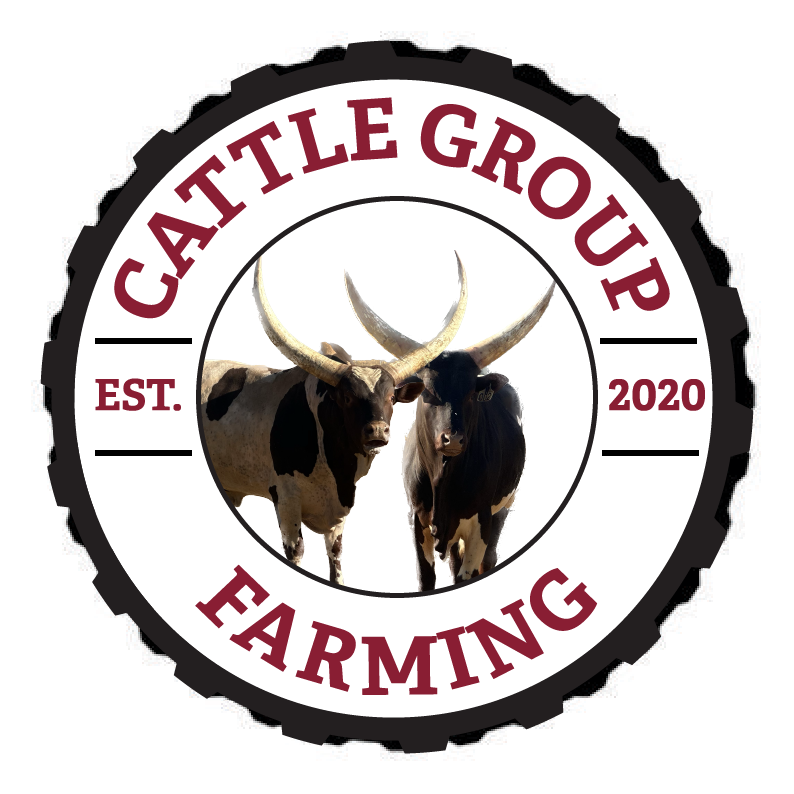
Cattle Group farming
Where Standards, Not Numbers, are elevated & Quality Reigns Supreme
- Walter@sitona.co.za
- +27 83 630 3439
- Privacy Policy
- Terms & Conditions